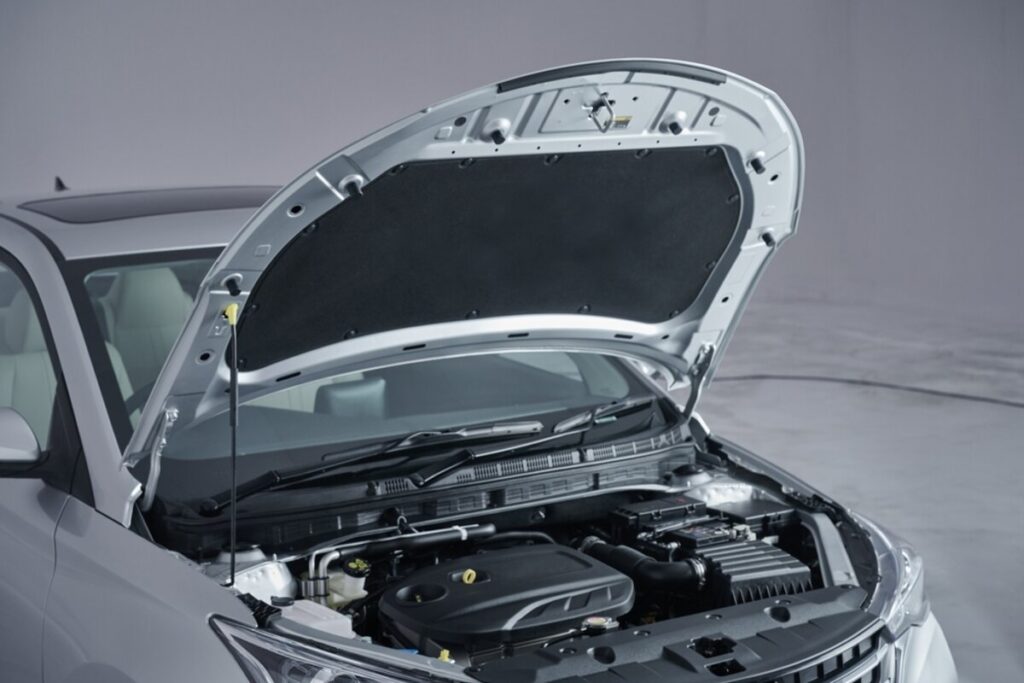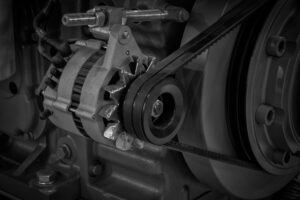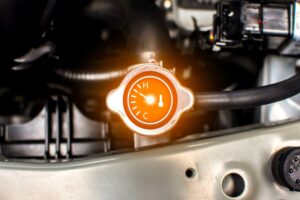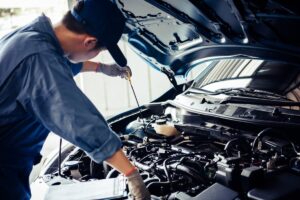A sudden rattling noise from your car’s engine can be a cause for concern. It’s a sound that can strike fear into the heart of any car owner. If your car engine is rattling, you might be wondering what’s causing it and how to fix it. Don’t worry; we’ve got you covered. In this article, we’ll explore the common causes of engine rattling, how to diagnose the problem, and the steps you can take to get your car back to its quiet, smooth-running self.
Common Causes of Engine Rattling
Loose or Worn Parts
One of the most common reasons for engine rattling is loose or worn parts. Over time, various components in your engine can become loose or wear out, causing them to rattle. This could be anything from a loose heat shield to worn-out timing chain guides. Regular maintenance can help identify and fix these issues before they lead to more serious problems.
Faulty Timing Chain or Belt
The timing chain or belt in your car’s engine is responsible for synchronizing the rotation of the crankshaft and camshaft. If the timing chain or belt becomes loose or worn, it can cause a rattling noise. This is a critical component, and if it fails, it can cause significant engine damage. It’s important to address any timing chain or belt issues as soon as possible to avoid costly repairs.
Engine Knock
Engine knock, also known as detonation, occurs when the air-fuel mixture in the engine’s cylinders detonates prematurely. This can cause a rattling noise and is often due to using low-quality fuel, carbon buildup, or a faulty spark plug. Engine knock can lead to serious engine damage if not addressed promptly.
Diagnosing the Problem
Listening to the Noise
The first step in diagnosing a rattling engine is to listen carefully to the noise. Pay attention to when the rattling occurs. Does it happen when you start the engine, accelerate, or idle? The timing of the noise can provide clues about its source. For example, if the rattling occurs when you start the engine, it could be a sign of a loose heat shield or a worn timing chain.
Checking Under the Hood
Next, check under the hood for any obvious signs of loose or worn parts. Look for anything that seems out of place or damaged. This could include loose bolts, damaged hoses, or worn belts. If you’re not comfortable doing this yourself, it’s a good idea to take your car to a mechanic for a professional inspection. Using Diagnostic Tools Modern cars are equipped with onboard diagnostic systems that can help identify issues. If your car engine is rattling, using a diagnostic tool can provide valuable information about what’s causing the noise. These tools can read error codes from your car’s computer, helping pinpoint the problem.
How to Fix a Rattling Engine
Tightening Loose Parts
If you’ve identified loose parts as the source of the rattling, the solution could be as simple as tightening them. Check all bolts, screws, and clamps to ensure they are secure. If you’re not sure how to do this, consult your car’s manual or take your car to a mechanic.
Replacing Worn Components
For worn components like timing chains, belts, or guides, replacement is often the best option. While this can be a more involved repair, it’s crucial for the long-term health of your engine. If you’re not experienced with car repairs, it’s best to have a professional handle this job.
Addressing Engine Knock
If your engine is experiencing knock, there are a few steps you can take to fix it. Start by using higher-quality fuel to reduce the chances of detonation. You may also need to clean carbon buildup from the engine or replace faulty spark plugs. In some cases, adjusting the engine’s timing can help resolve the issue.
Preventing Future Issues
Regular Maintenance
The best way to prevent engine rattling and other issues is to keep up with regular maintenance. This includes oil changes, filter replacements, and inspections of belts and hoses. By catching problems early, you can avoid more significant repairs down the line.
Using Quality Parts and Fluids
When performing maintenance or repairs, always use high-quality parts and fluids. Cheap, low-quality components can wear out quickly and cause problems. Investing in good parts and fluids can help keep your engine running smoothly and quietly.
Conclusion
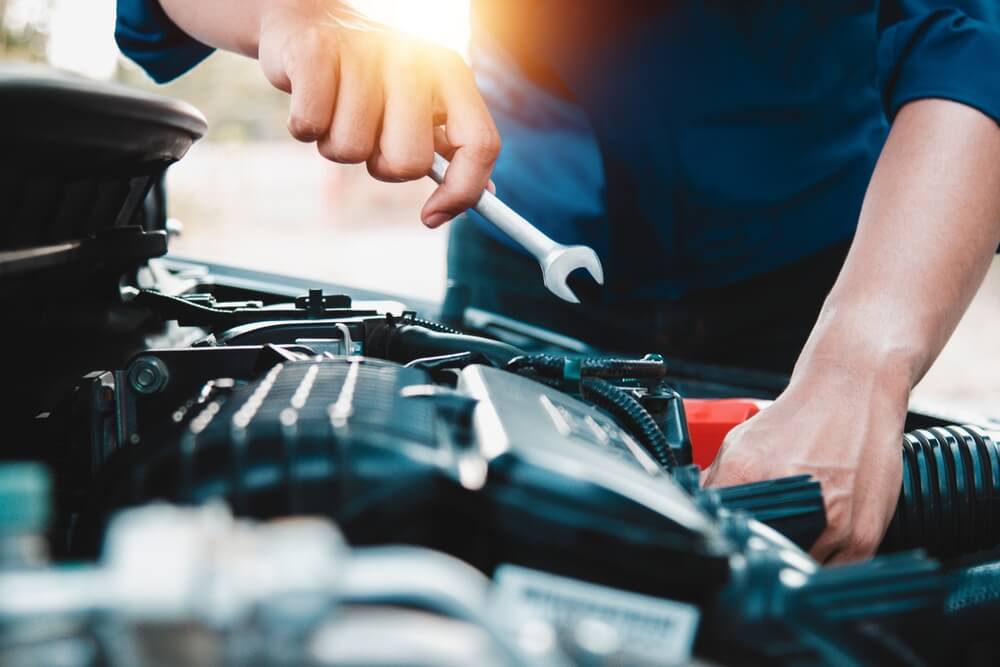
Hearing your car engine rattling can be alarming, but it doesn’t have to spell disaster. By understanding the common causes of engine rattling and taking steps to diagnose and fix the problem, you can keep your car running smoothly. Remember to listen for the noise, check under the hood, and use diagnostic tools if necessary. Regular maintenance and using quality parts are key to preventing future issues. If you’re unsure about any repairs, don’t hesitate to consult a professional mechanic. With the right care, you can ensure your car’s engine remains quiet and reliable for years to come.
Contact Legacy Autoworx today for professional assistance and to keep your engine in top shape.

